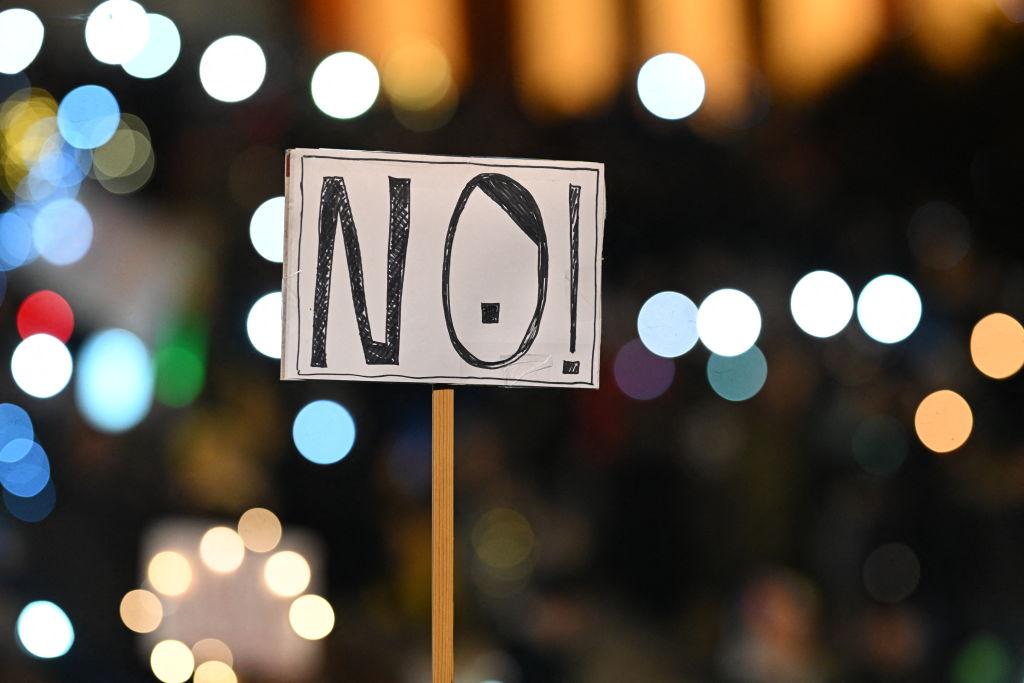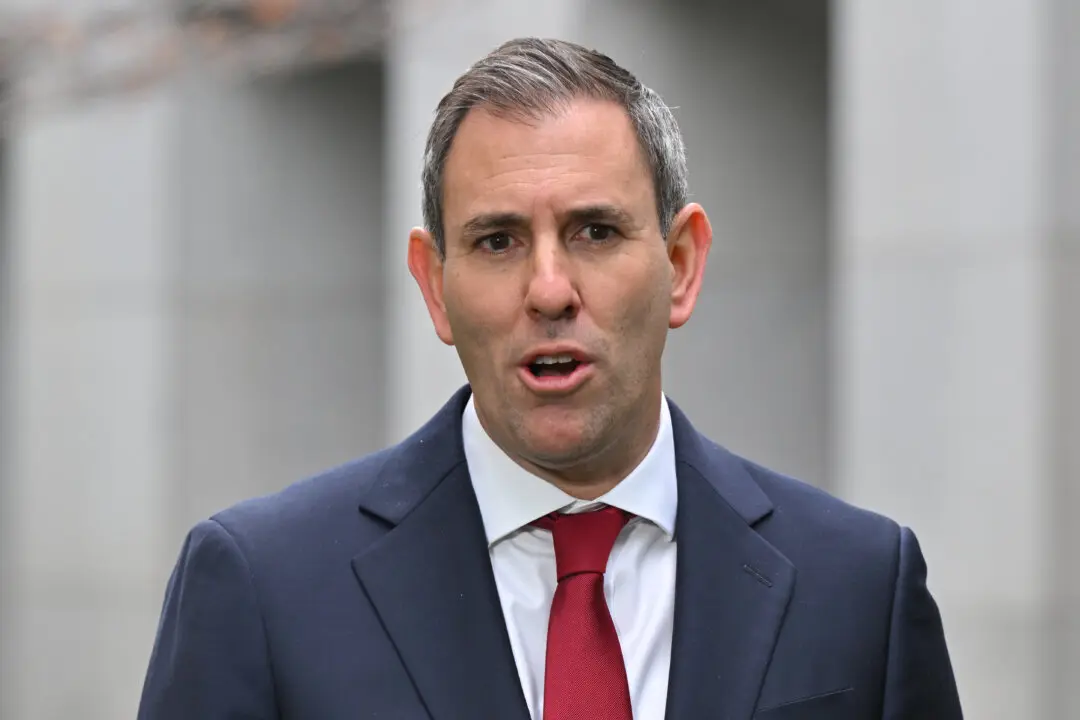The Australian government’s new report, “Towards Fairness: A Multicultural Australia for All,” revealed that discrimination and racism ranked second in concerns raised by 796 organisations and bodies, just behind inclusion and belonging.
Published on July 24, the report calls for active measures to combat racism, highlighting persistent challenges faced by communities such as African Australians and Indian Australians. The Chinese Community Council emphasised the need for a stronger sense of belonging.





